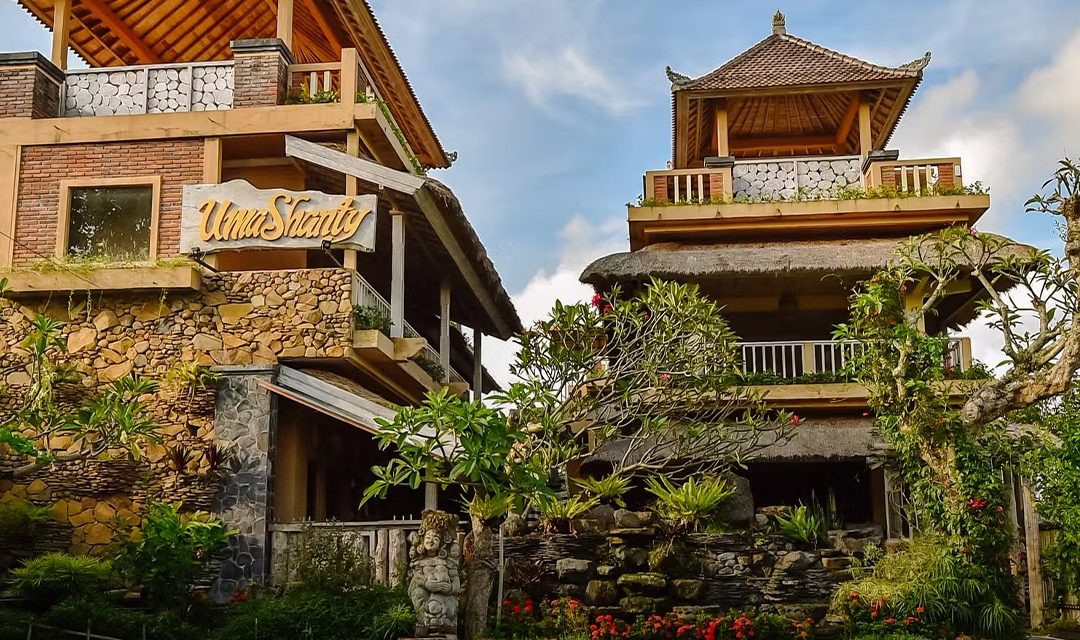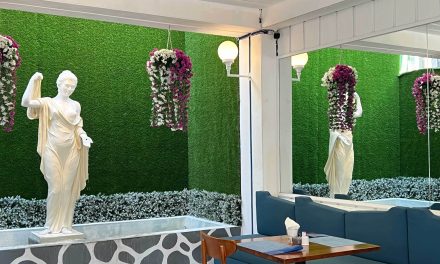Ah, Canggu. An instant favorite for travelers, surfers, and digital nomads alike, this Bali hotspot is not just about beautiful beaches and hip cafes. It’s a melting pot of local culture and age-old traditions, deeply rooted in Balinese heritage. If you take the time to peel back the layers, you’ll find a vibrant community of locals who embrace their rich history while navigating the budding changes brought by tourism. Let’s dive into the unique customs and traditions of Canggu that make it such a special place.
The Spiritual Heart of Canggu
From the moment you step foot in Canggu, you can feel the spiritual undertones woven into everyday life. Balinese Hinduism plays a significant role here, shaping the rhythms of the community. As I walked through the streets, I often stumbled upon the sight of locals preparing offerings—small woven baskets filled with flowers, rice, and incense. On my first morning, I was greeted by a woman adorned in a traditional kebaya, balancing a head full of offerings while smiling warmly, making it a charming scene I’ll never forget.
Many locals participate in daily rituals, known as “canang sari,” where they create these delicate offerings to honor the spirits. Taking a moment to observe this tradition is not only humbling but also offers insight into the profound respect Balinese people have for their environment. If you ever find yourself in Canggu, take a moment to join a local ceremony or observe a prayer session at a nearby temple. Believe me, it’s a soul-soothing experience.
Rice Fields and Community Spirit
Just a stone’s throw from the bustling beach scene, the picturesque rice fields serve as a beautiful reminder of the island’s agrarian roots. When I visited Canggu for the first time, I was lucky enough to join a local initiative that promotes sustainable farming. This excursion was a pleasant surprise. I discovered not only the significance of rice farming but also the close-knit community coordinating these efforts.
Farmers in Canggu practice a unique form of subak, a cooperative water management system that has been used for centuries. Participating in this tradition was enlightening, as village elders shared stories of their ancestors who cultivated these very same lands. It’s a lovely way to appreciate the connection between the people and the land. I remember getting my hands dirty—literally—planting rice seedlings and enjoying a homemade meal with laughter and stories that followed. It’s an experience I would recommend to anyone keen on being a part of this local tapestry.
Balinese Festivals: A Feast for the Senses
If you think the atmosphere in Canggu is magical, just wait until festival season! Balinese festivals are a sensory overload, from the fragrant aromas of traditional food to the vibrant colors of intricate offerings and lively processions. One of the major events, Nyepi (the Day of Silence), was an unforgettable experience for me.
On Nyepi, the entire island comes to a standstill. It’s a day of fasting and reflection—no lights, no noise, no travel. You could feel the electric anticipation in the days leading up to it, especially during the “Ogoh-Ogoh” parades, where elaborately crafted demon effigies are paraded around before being burned. I was fortunate to join in the celebrations with locals, and the sheer joy and creativity displayed during this time made it deeply unforgettable.
While Nyepi is a more somber celebration, there are other festivals like Galungan, where locals decorate their homes and offer blessings. Participating in these festivities is a wonderful way to engage with the Canggu community and experience the warmth and vibrancy of their culture firsthand.
Culinary Traditions: A Taste of Home
Food is another gateway into the local culture, and Canggu doesn’t disappoint. The blend of traditional Balinese cuisine and modern twists found in various warungs (local eateries) truly showcases the region’s palate. I had the pleasure of indulging in an authentic nasi campur, a dish consisting of rice accompanied by an array of side dishes, from flavorful curries to spicy sambals, all prepared with local ingredients.
Don’t underestimate the power of the traditional Balinese feast, known as mesen, often prepared for celebrations. I once attended a local wedding where the buffet-style feast seemed endless! I laughed as I watched some travelers hesitate, unsure of what to try first. My advice? Dive in fearlessly! Ask for recommendations from locals or don’t shy away from sampling each dish. You never know what delightful flavors might surprise you!
Connecting with the Community
Finally, one of the best ways to truly understand Canggu’s local culture is by forming connections with the people. Whether you’re practicing your Bahasa Indonesia with nearby vendors or volunteering with local NGOs, you’ll quickly find that Balinese people are incredibly welcoming. In my own experience, a simple “Selamat Pagi” (Good Morning) often opened the door to smiles and friendly conversations.
If you’re serious about immersing yourself in the culture, consider participating in a local workshop to learn traditional crafts like weaving or wood carving. Platforms like Airbnb Experiences or local community boards often list such activities where you can learn directly from artisans. This not only supports the local economy but also fosters lasting connections with the people who call Canggu home.
Final Thoughts
Canggu is more than just surf breaks and trendy cafes; it’s a vibrant community steeped in rich traditions and culture that thrives alongside its modern elements. As travel urges you to explore, don’t forget to respectfully engage with the local customs, community, and food. Embrace the opportunity to step beyond the tourist trails, whether you’re planting rice, joining a ritual, or simply sharing a meal with locals. You’ll walk away with a deeper understanding and appreciation for the beautiful tapestry that is Canggu.So, what do you say? Are you ready to pack your bags and dive into the local culture and traditions of Canggu? Your adventure awaits!






